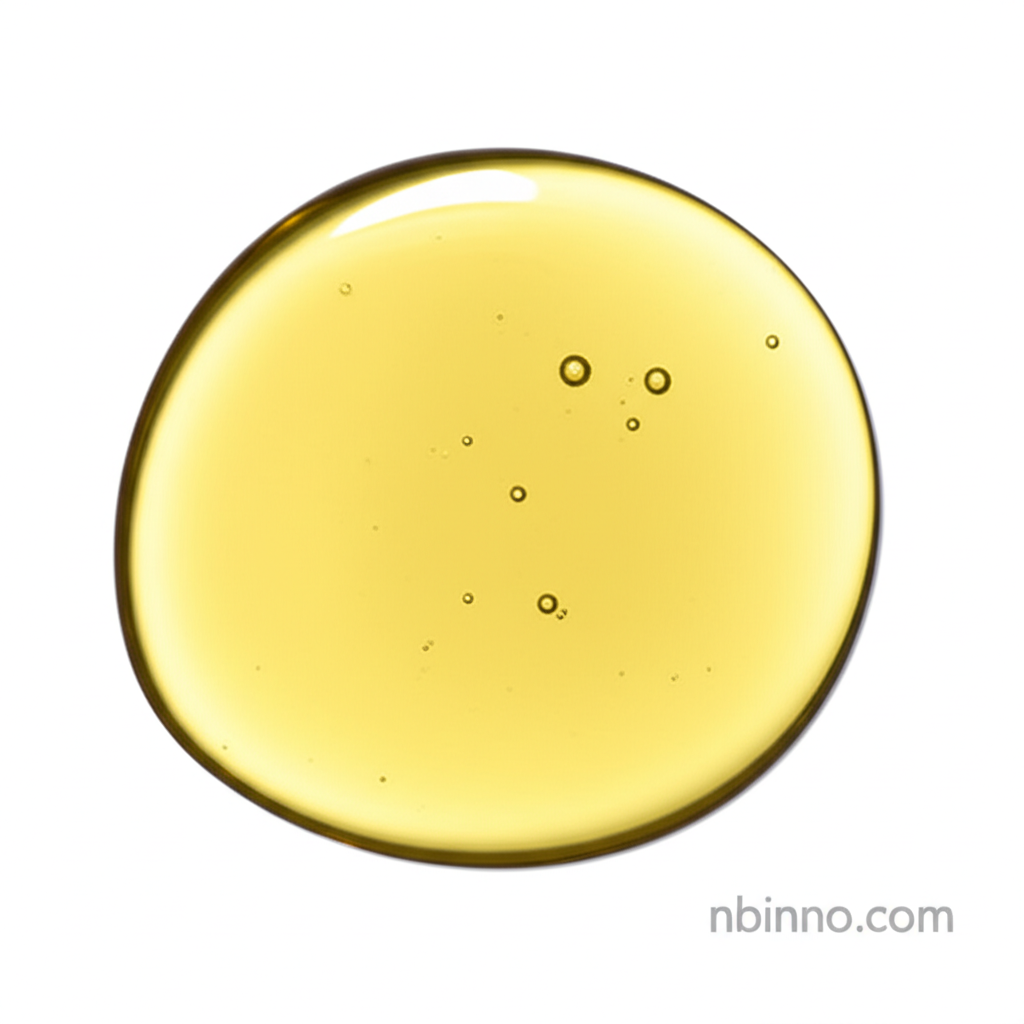Eicosapentaenoic Acid (EPA): Properties, Health Benefits, and Cardiovascular Applications
Discover the vital role of Eicosapentaenoic Acid (EPA) in promoting cardiovascular health and managing key risk factors.
Get a Quote & SampleProduct Core Value

Eicosapentaenoic Acid
Eicosapentaenoic Acid (EPA) is a crucial omega-3 fatty acid with a chemical formula of C20H30O2 and a molecular weight of 302.45100. It is a colorless to light yellow clear liquid known for its significant contributions to cardiovascular health. Studies indicate that EPA can effectively lower blood lipids, reduce blood pressure, and help regulate blood sugar levels, thereby playing a vital role in the prevention and management of conditions like arteriosclerosis and hypertension. While generally beneficial, awareness of potential side effects is important for proper use.
- Explore the Eicosapentaenoic Acid health benefits, focusing on its lipid-lowering capabilities and overall contribution to well-being.
- Understand the EPA cardiovascular disease prevention aspects, highlighting its role in maintaining heart health.
- Learn about the EPA triglyceride lowering effects, a key mechanism for improving metabolic health.
- Dive into the fundamental Omega-3 fatty acid properties that make EPA so valuable for human health.
Key Advantages
Comprehensive Health Support
Leveraging high purity EPA provides a targeted approach to enhancing cardiovascular wellness and managing various health markers effectively.
Cardiovascular Protection
The EPA vs DHA comparison reveals EPA's unique strengths in cardiovascular health, offering specialized benefits for lipid management and circulatory function.
Quality Assurance
Rigorous testing confirms high purity, ensuring that the nutritional EPA meets stringent quality standards for optimal efficacy and safety.
Key Applications
Cardiovascular Health Management
Utilizing Eicosapentaenoic Acid for arteriosclerosis prevention and management is a primary application, supporting healthier blood vessels.
Lipid Profile Optimization
The documented EPA triglyceride lowering effects make it a crucial component for individuals seeking to balance their lipid profiles.
Blood Pressure Regulation
EPA contributes to maintaining healthy blood pressure levels, supporting overall circulatory system health.
General Well-being Supplementation
As a key omega-3 fatty acid, EPA is widely used in nutritional supplements for its broad health benefits.
